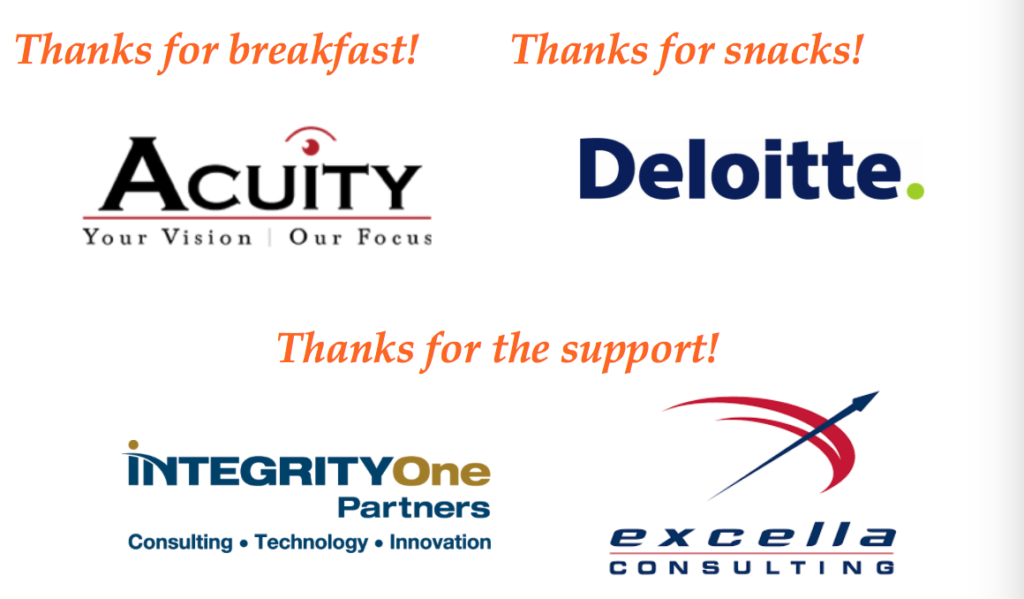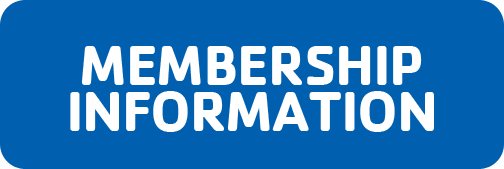USCIS Day 2016: Mission, Operations & Transformation November 4
GTSC is so proud to welcome members to our inaugural U.S. Customs & Immigration Services “deep dive” to examine the mission, operations and transformation of this critical agency.
|
Each year, U.S. Citizenship & Immigration Services processes millions of applications for persons seeking to study, work, visit, or live in the United States, and for persons seeking to become a U.S. citizen. In 2006, USCIS began the Transformation Program to enable electronic adjudication and case management tools that would allow users to apply and track their applications online. In 2012 USCIS changed its acquisition strategy to improve system development. Join us to explore USCIS’s successes and challenges with transformation and how they have used Agile software development, systems integration and testing, and strong leadership to forward their ambitious program.
THIS IS A CLOSED SESSION OPEN TO THE GOVERNMENT CONTRACTORS AND GOVERNMENT ONLY – NO PRESS. Questions? See our policies at www.gtscoalition.eventbrite.com
|
AGENDA (Subject to change)
Government Technology & Services Coalition
USCIS Day 2016: Mission, Operations, & Transformation
November 4, 2016 | 8:00 am – 3:15 pm | Arlingon, VA
REGISTER
8:00 am Welcome & Opening Remarks
Kristina Tanasichuk, CEO, Government Technology & Services Coalition
Sara Kindsfater-Yerkes, Managing Principal, Alethix
Kris McMenamin, McMenamin Consulting Group
8:20 am Keynote: USCIS IT Transformation Business Perspective
Introduction: Sara Kindsfater-Yerkes, Managing Principal, Alethix
Mark Schwartz, Chief Information Officer, Office of Information Technology, USCIS
9:00 am Panel Transformation: Line of Business Perspectives
Amy Wheelock, Senior Advisor, Field Operations Directorate, USCIS impact of rollouts
Leslie Hope, Associate Center Director, Service Center Operations, USCIS
Armad Kitrell, Deputy Division Chief, Fraud Detection & National Security, USCIS
10:00 am BREAK
10:15 am Panel: Enabling Transformation
David Blair, Chief, Capability Delivery Division, Office of Transformation Coordination, USCIS
Rowena Furce, Chief, Customer Service, Office of Customer Engagement, USCIS
Lee Bowes, Chief, Biometrics Division, USCIS
Ken Moser, Branch Chief, Delivery Assurance Branch / Applied Technology Division, USCIS
Yemi Oshinnaiye, Associate Chief, Software Engineering Division, USCIS
11:15 am LUNCH
11:45 am KEYNOTE: Mariela Melero
Associate Director, Customer Service And Public Engagement Directorate, USCIS
KEYNOTE PANEL
Mary Hermann, Acting Chief of the Public Engagement Division and Chief of the Content and Quality Division – Customer Service and Public Engagement Directorate, USCIS
David Simeon, Jr., Division Chief – Customer Service and Public Engagement Directorate, USCIS
Robert Genesoni, Infrastructure Chief, Customer Service Division, Customer Service & Public Engagement, USCIS
1:00 pm Panel: Mission Driven Value Delivery
Moderator: Kristin Cooke, Director, Acuity
Lucy Patterson, Chief, Data and Business Intelligence Services Program, USCIS
Sarah Fahden, Chief Verification Program, Software Development Division, USCIS
Matt Dosberg, Chief, Digital Innovation & Development, USCIS
2:00 BREAK
2:15 pm Operation Ready: Moving to an Agile DevOps Framework
Moderator: Kristina Tanasichuk, CEO, Government Technology & Services Coalition
Keith Jones, Deputy Chief Information Officer, Management Directorate, OIT, USCIS
Larry DeNayer, PMP, CISSP-ISSEP, Deputy CIO for Operations, Management Directorate, OIT, USCIS
Joshua Seckel, Chief, Applied Technology Division, Management Directorate, OIT, USCIS
Rafaa Abdalla, Chief, Transformation Engineering Services, USCIS
3:15 Adjourn
Special thanks to our supporters!
Guardian Sponsor







 Sara Kindsfater-Yerkes, leader of GTSC’s DHS Business Development Exchange and member since 2012, is an Organizational Change Strategist with expertise in guiding large-scale transformations, Sara is passionate about helping individuals and teams to become high performing and creating cultures in which all can thrive. She currently supports Josh and USCIS in the cultural adoption of lean/agile practices.
Sara Kindsfater-Yerkes, leader of GTSC’s DHS Business Development Exchange and member since 2012, is an Organizational Change Strategist with expertise in guiding large-scale transformations, Sara is passionate about helping individuals and teams to become high performing and creating cultures in which all can thrive. She currently supports Josh and USCIS in the cultural adoption of lean/agile practices.